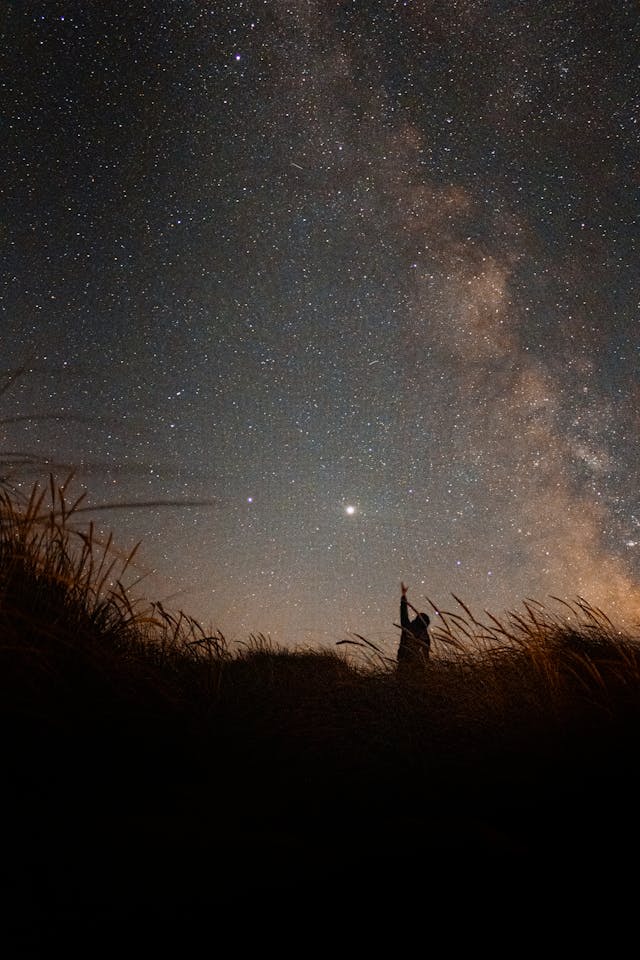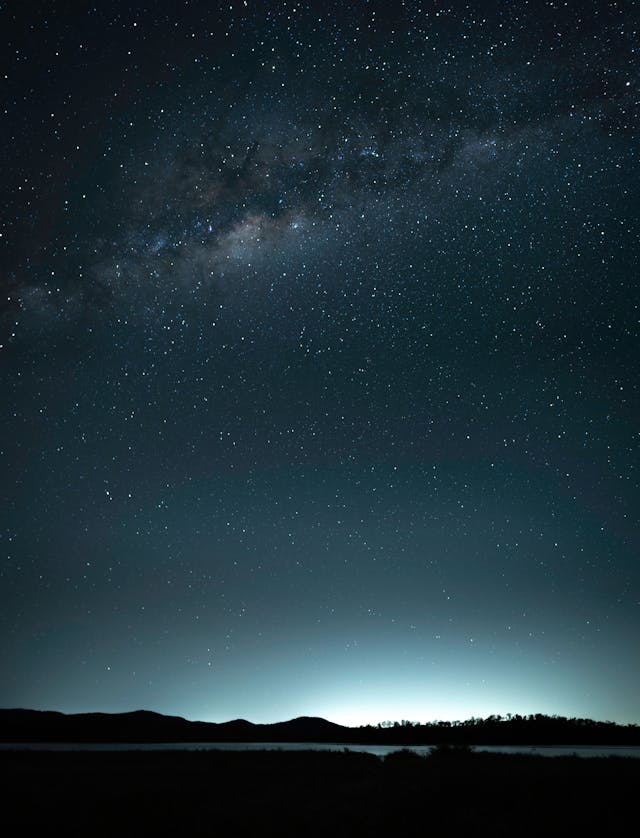When it comes to celestial phenomena, few are as intriguing and rare as the Black Moon. While blue moons often steal the limelight, a Black Moon has its own allure, shrouded in mystery and astrological significance. So, what exactly is a Black Moon, why is it so rare, and what can we expect to see in the sky this year? Let’s explore the wonder of the next Black Moon of 2024, how it might affect your mood, and what the stars have to say about it.
What Is a Black Moon, and Why Is It So Rare?
A Black Moon is not an official astronomical term, but it’s commonly used to describe a second new moon within a single calendar month. Unlike full moons, which glow brightly and command attention, a new moon is the darkest phase of the lunar cycle when the moon is positioned between Earth and the Sun, making it invisible to the naked eye.
The rarity of a Black Moon arises from the mismatch between the lunar cycle, which lasts about 29.5 days, and our calendar months, which are typically 30 or 31 days. As a result, a second new moon in one month is an uncommon treat—occurring roughly once every 32 months. It’s even rarer than a blue moon, which refers to the second full moon in a month. The next Black Moon in 2024 is expected on December 30th, closing the year with a dash of celestial mystery.

What Else to Expect in the Sky?
The Black Moon might not be visible, but its occurrence aligns with other fascinating celestial events. During this phase, the night sky will be exceptionally dark, making it an ideal time for stargazing. Keep an eye out for:
- The Quadrantid Meteor Shower: One of the year’s most spectacular meteor showers is active in late December and early January, peaking just after the Black Moon. With the moon’s absence, meteors will appear more vivid against the dark sky.
- Visible Planets: Depending on your location, you might spot Venus shining brightly in the west during twilight, while Jupiter and Saturn could also make an appearance higher in the sky.
When Is the Next Black Moon?
If you’re already planning ahead, the next Black Moon after 2024 will occur on May 31, 2027. Mark your calendar and get ready for another dose of lunar magic.

How Might You Feel During a Black Moon?
Astrologically, a Black Moon is considered a powerful time for reflection, renewal, and setting intentions. With two new moons in a month, the energy of introspection is amplified, making it a potent period for:
- Releasing Old Patterns: New moons symbolize fresh starts, and a Black Moon doubles down on this theme, offering an intensified opportunity to let go of what no longer serves you.
- Heightened Intuition: You might feel more connected to your inner self and experience vivid dreams or bursts of creativity.
- Emotional Sensitivity: Some people report feeling more introspective or emotional during this phase, as the moon’s energy subtly influences our inner world.

Does It Affect Astrology and Zodiac Signs?
The Black Moon’s astrological significance depends on the zodiac sign it occurs in. The December 30th Black Moon will be in Capricorn, a sign known for discipline, ambition, and practicality. This placement encourages:
- Earth Signs (Taurus, Virgo, Capricorn): A sense of grounding and an opportunity to focus on long-term goals.
- Water Signs (Cancer, Scorpio, Pisces): Deep emotional processing and healing.
- Fire Signs (Aries, Leo, Sagittarius): A call to reassess creative projects and passions.
- Air Signs (Gemini, Libra, Aquarius): Insights into communication and relationships.
Astrologers often view Black Moons as transformative, amplifying the energies of the zodiac sign they align with.

In Closing: A Celestial Gift
The Black Moon is a reminder of the intricate dance of celestial bodies and their impact on our lives. Whether you’re a stargazer, an astrology enthusiast, or simply someone who enjoys marveling at the night sky, the Black Moon of 2024 offers a chance to pause, reflect, and embrace the magic of the cosmos.
Make sure to step outside on December 30th and soak in the wonder of this rare event—even if you can’t see the moon itself, the stars and meteors will light up the night in a celebration of cosmic splendor!
Love Life x
References
- Farmer’s Almanac. (2024). “What Is a Black Moon?”
- NASA. (2024). “Lunar Phases and Their Impact on the Night Sky.”
- Astrology.com. (2024). “Black Moon: Astrological Meanings and Effects.”
- Space.com. (2024). “Meteor Showers Calendar.”

